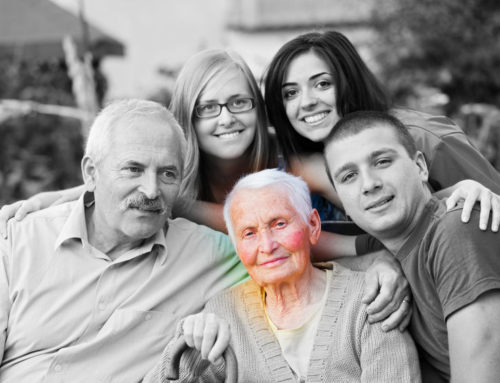Some of the most common questions elder law attorneys hear in regard to qualifying for Medicaid involves income limitations. At the basis, it is a pretty simple concept. If you earn enough to pay for your medical expenses, you do not qualify. There are varying income limitations for single versus married couples, and each state has slightly different rules, some of which make it more difficult to qualify based on income than others.
While most states only limit income in the sense that if you bring in enough to pay for coverage you will not qualify, but 16 states are known as Income Cap States. In these states, if your income is higher than the established cap, even if it is not enough to pay for your care, you do not qualify.
For the sake of simplicity, lets assume that your loved one is single or widowed, with an income below the amount needed to qualify for care. He or she will be granted a meager personal needs allowance, ranging from $30 to $100. Of the remaining income, the single person is given enough money from their income to cover their health insurance or prescription drug plan premiums. All of the rest is given to the nursing home as a co-pay.
For married couples, the state permits the healthy spouse to keep a Minimum Monthly Maintenance Needs Allowance, or MMMNA. Two-thirds of states have a range of MMMNA, generally between $1,800 and $2,800. The remaining states will allow a $2,841, if that amount of income is available. If the joint income is less than this amount, the spouse keeps all income, but there is no money added to bring it to this level.






